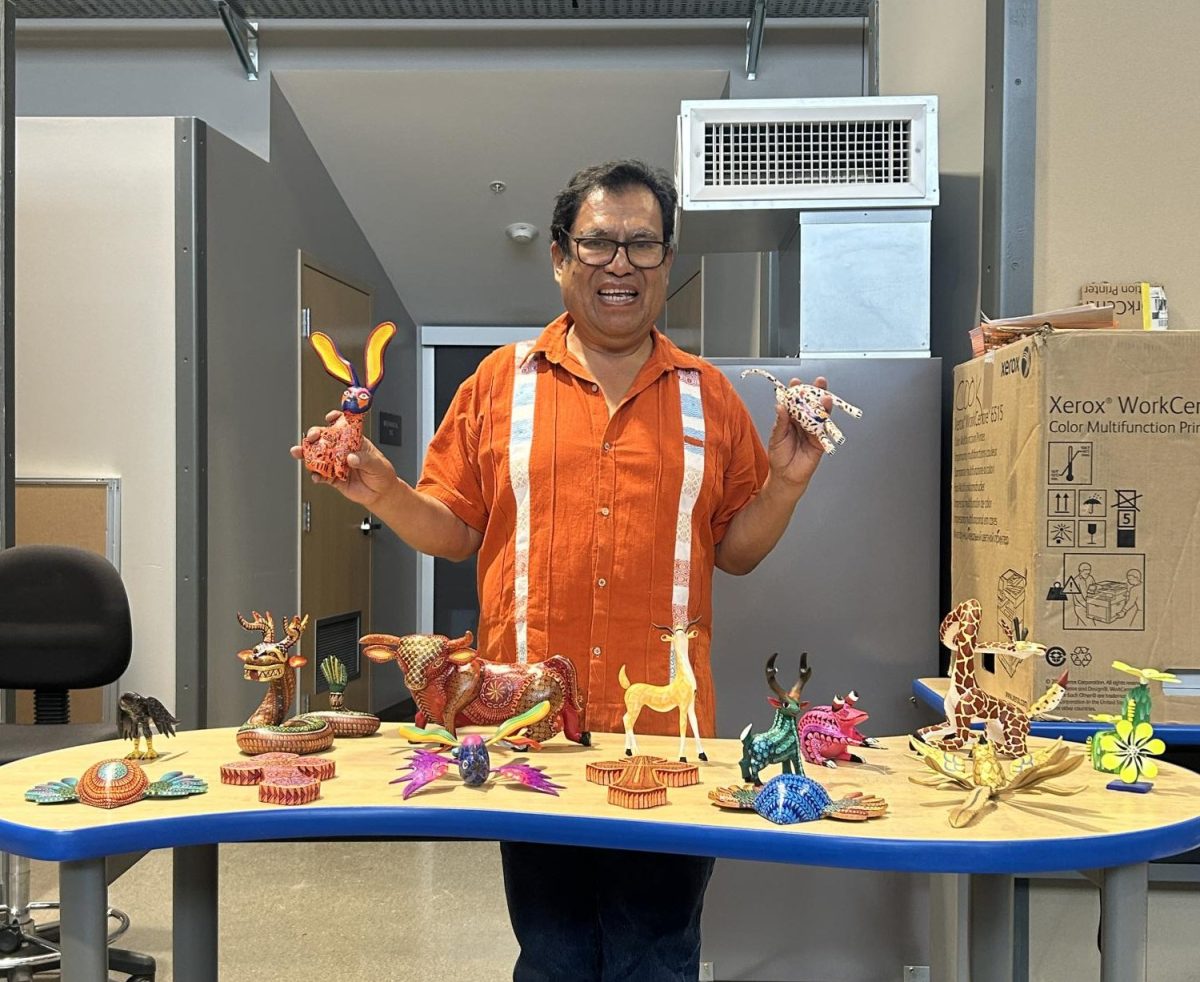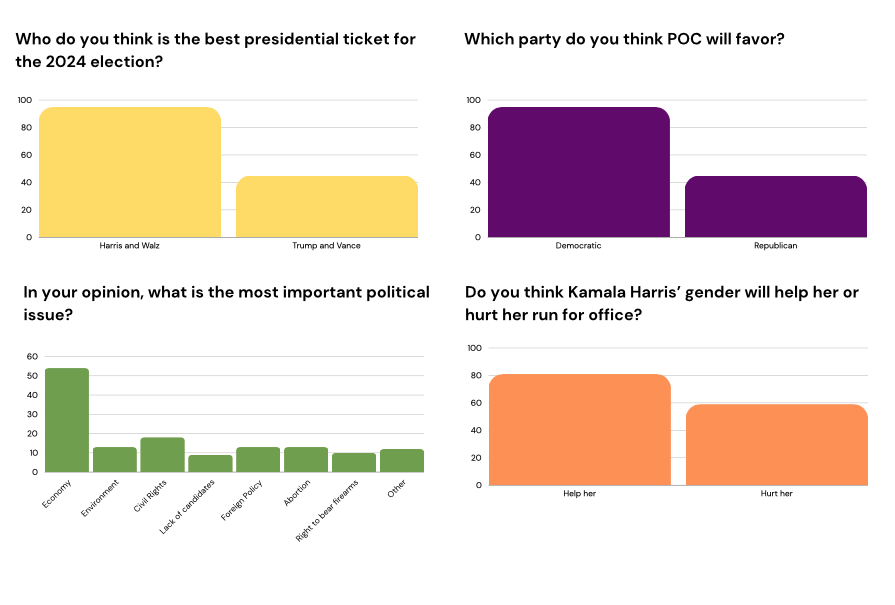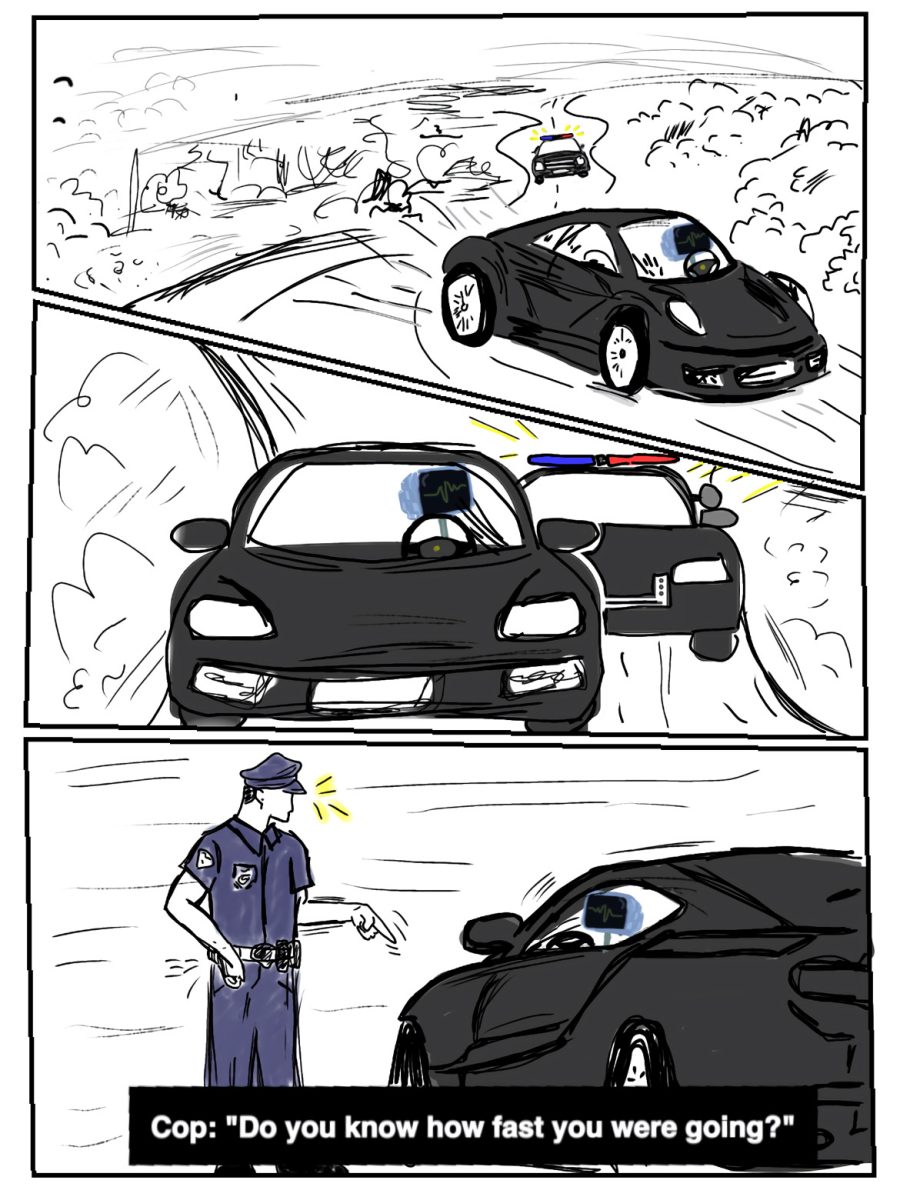In October 2023, San Francisco suspended the company Cruise from operating self-driving cars after a Cruise robotaxi hit a pedestrian. The robotaxi braked and tried pulling over despite the pedestrian being underneath the car. Before the crash, self-driving cars caused construction delays, stopped ambulances, and entered active crime scenes. The incident in San Francisco reflects a greater climate of fear surrounding the future of autonomous vehicles. Despite self-driving cars increasingly becoming more mainstream, there is heated debate about the safety of self-driving cars.
Unlike humans, AI lacks empathy and the ability to make complex moral calculations. As a result, autonomous cars often lead to ethical dilemmas. For example, imagine a self-driving car is about to crash and the only way to avoid a collision is to swerve into a neighboring vehicle. The car has to choose between endangering its own passengers or harming passengers in another vehicle. Some have argued that because programmers have to make a decision on who to save in these scenarios, self-driving cars lead to premeditated murder.
Self-driving cars also pose other issues. Autonomous vehicles are vulnerable to hacking. As a consequence, they can prove a security threat. Although unlikely, they could also be potentially wielded as a form of terrorism. Additionally, autonomous vehicles often have security cameras installed. Their widespread use can lead to cars serving as yet another surveillance tool corporations and governments could weaponize.
Driverless cars nonetheless have several benefits. Although self-driving cars have led to crashes, they also significantly reduce issues caused by driver error. Autonomous vehicles can reduce accidents caused by driving under the influence, a lack of alertness, or texting while driving. According to the National Highway Traffic Safety Administration, 94% of crashes are caused by human error. Because many autonomous vehicles are electric, self-driving cars are also more environmentally friendly than human-driven vehicles because they emit less CO2.
Despite the controversy surrounding self-driving cars, many are excited about the future of autonomous vehicles. 29 states in the U.S. have allowed autonomous vehicles to hit the road. In San Francisco, autonomous car companies like Waymo continue to operate and attract thousands of users. Mt. Eden computer science teacher Jose Moreno is optimistic: “I think once we have it, there will be fewer accidents. Right now, the challenge is in the process of developing the technology. We don’t want to rush, but at the end, I think it will be beneficial.”























